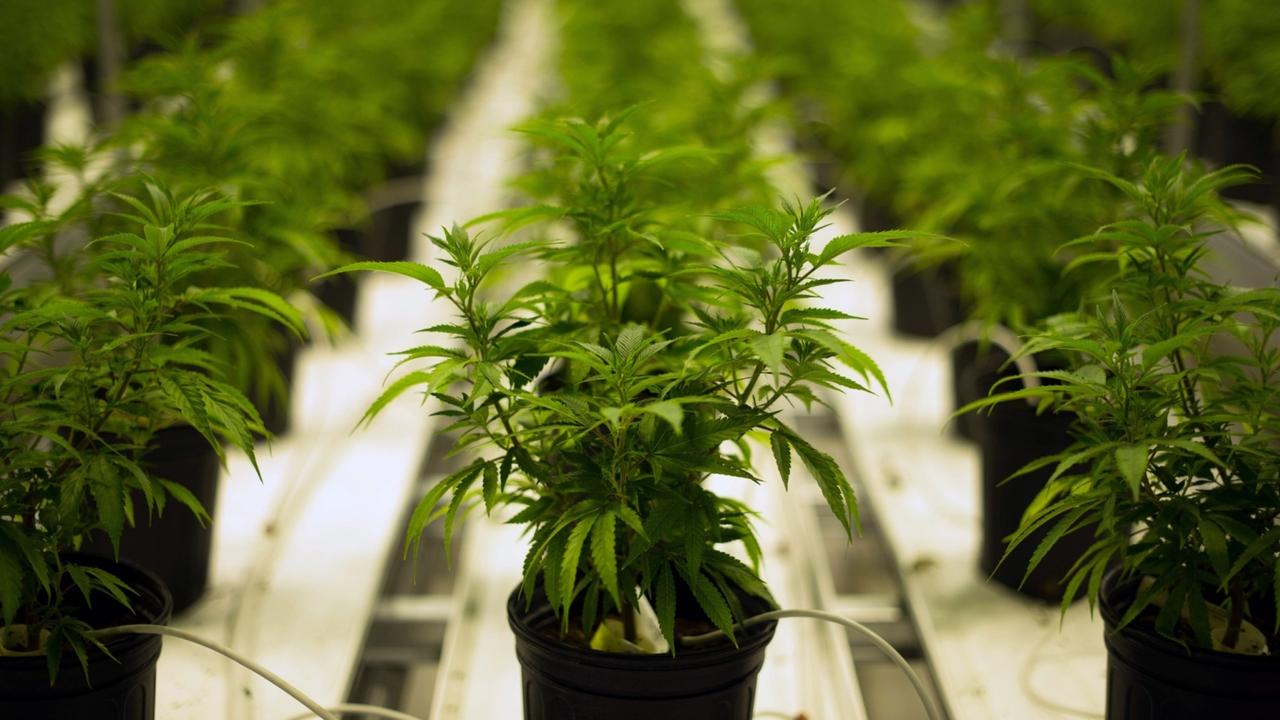Cannabis Legalization: Leading Psychiatrist Warns of Significant Health Risks

The debate surrounding cannabis legalization continues to heat up, but a leading psychiatrist is sounding a cautionary note. Professor Ian Hickie, a renowned psychiatrist from the Brain and Mind Centre, is urging policymakers to carefully consider the potential “large negative health effects” associated with widespread cannabis access.
Hickie's concerns stem from a growing body of research highlighting the complex relationship between cannabis use and mental health. While proponents often emphasize the potential for reduced crime and improved regulation, Hickie argues that the public health consequences deserve greater scrutiny.
The Risks of Normalization
“Lots of people want to see the criminal element removed and not have people chased around by police around minor issues of drug use,” Hickie acknowledges. However, he believes that legalization could inadvertently normalize cannabis use, particularly among young people, leading to increased rates of addiction and mental health problems. He further emphasizes that the current understanding of the long-term effects of cannabis on the developing brain is still limited.
Impact on Mental Health
Professor Hickie points to a range of potential mental health risks associated with cannabis use, including:
- Increased risk of psychosis: Studies have shown a link between cannabis use and an increased risk of psychotic disorders, especially in individuals with a predisposition to these conditions.
- Worsening of anxiety and depression: While some may use cannabis to self-medicate for anxiety or depression, research suggests it can actually exacerbate these conditions in the long run.
- Cognitive impairment: Regular cannabis use can impair cognitive functions such as memory, attention, and decision-making, which can have significant implications for academic performance, work productivity, and overall quality of life.
- Addiction: Cannabis use disorder is a recognized condition, and legalization could potentially lead to an increase in the number of individuals struggling with addiction.
The Importance of Regulation and Education
Hickie isn't necessarily opposed to all forms of cannabis reform. He believes that if legalization proceeds, it must be accompanied by robust regulation and comprehensive public health education campaigns. These campaigns should focus on educating the public, particularly young people, about the potential risks of cannabis use and promoting responsible consumption. Strict regulations on potency, advertising, and age limits are also crucial.
Beyond Criminal Justice Reform
While addressing the criminal justice implications of cannabis prohibition is a worthy goal, Hickie argues that it shouldn't come at the expense of public health. He urges policymakers to consider the broader societal impact of legalization and to prioritize evidence-based strategies to mitigate potential harms.
The debate is far from over, and Professor Hickie’s warnings serve as a vital reminder of the complexities involved in cannabis policy reform. A thoughtful and balanced approach, grounded in scientific evidence and public health considerations, is essential to ensure the well-being of the community.






